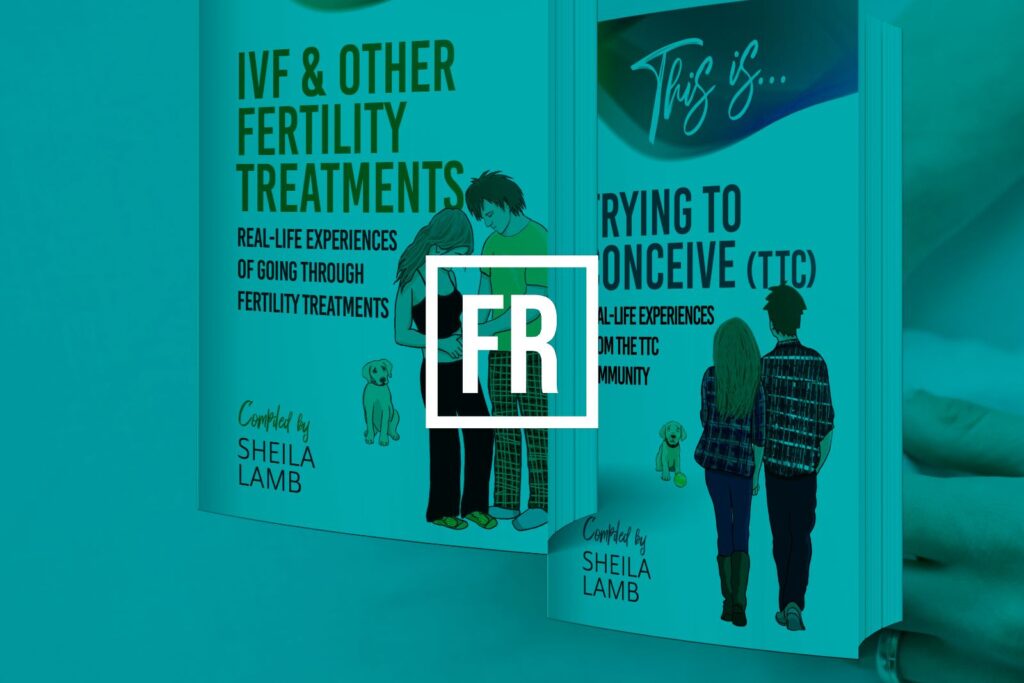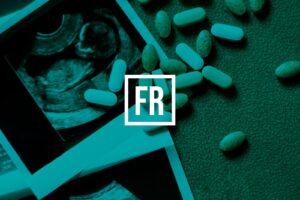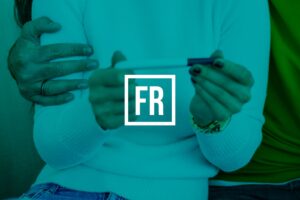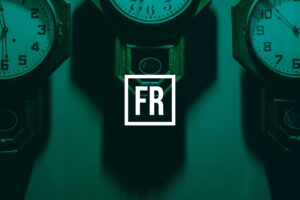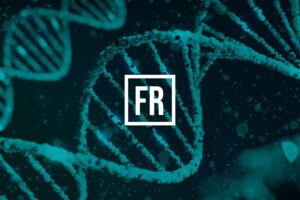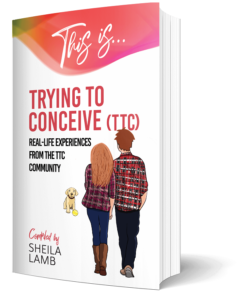
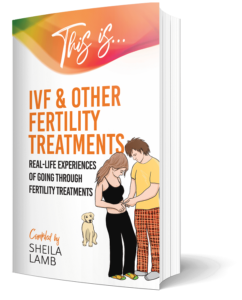
Sheila shares her valuable insights into being a mother to her donor-conceived daughter. Sheila talks to Fertility Road about what she wished she’d known prior to taking the egg donor route to parenthood. Here she explores her thoughts and feelings before, during and after donor IVF.
Fertility Road: Sheila, thank you so much for talking to us at Fertility Road. At what age did you start to consider egg donation?
Sheila: Initially when I was forty-two, then seriously when I was forty-five.
Fertility Road: What were your fertility circumstances at the time? Why was egg donation on your radar?
Sheila: We were diagnosed with ‘unexplained infertility’ when I was forty-two and after our first unsuccessful ICSI cycle, our UK clinic mentioned we might need egg donation because out of six embryos, only one was chromosomally normal.
Fertility Road: Was it a difficult decision to make? How did you go about finding out about egg donation?
Sheila: After that unsuccessful cycle with my own eggs, we carried on trying naturally for three years because there was no known reason, but during that time egg donation was in the back of my mind. I don’t remember grieving that any child I had wouldn’t be mine biologically. I always knew that I would love the child I gave birth to as I’d always wanted to be a Mum, and here I was, well into my 40’s and still trying. I wasn’t actively looking for information and there wasn’t a lot available, certainly no-one was openly talking about it back
in 2009. Then, one Sunday in August I was reading a Sunday paper supplement, and there was an article
about egg donation in Spain. An English nurse from a Spanish clinic was interviewed and it just felt like I was supposed to read this article. My husband and I don’t speak Spanish so knowing there would be someone there who was English was reassuring. In the UK, egg donation was no longer anonymous, so there would’ve been a couple of years wait, and we didn’t have time on our side.
Fertility Road: Were there particular sources of information which helped you to make the decision to go ahead with egg donation?
Sheila: I knew about the Donor Conception Network but I didn’t get around to contacting them, and there was Fertility Friends, but I don’t remember there being much information about the clinic we had in mind and egg donation in Spain. I had an appointment with Fertility & Pregnancy expert, Zita West in early 2009 and she also advised that egg donation was likely to be our best option to become parents. So, most of our information came from the clinic in southern Spain when we had our first appointment.
Fertility Road: Did you have good sources of emotional support at the time?
Sheila: Not really. We didn’t know anyone else who had been through egg donation and we didn’t speak to a counsellor. Counselling wasn’t suggested by our clinic. I think we’d been trying for so many years that we had got used to the idea and we talked about it together a lot. We were just relieved that this could be the route to becoming parents.
Fertility Road: Looking back, were there things you wished you’d known at the decision-making stage?
Sheila: Yes, there were, but because I can’t change it, I don’t look back. I now understand that my
daughter may want to know more about the egg donor as she gets older and any biological half-siblings. But this was never discussed and it never crossed my mind, or if it did, I didn’t know if these were normal feelings. If she wants to know in the future, of course I’ll support her in the way that is best for her. Now my daughter is here and she’s a person, it would be nice to have more information about the donor, as we have very little information other than her hair and eye colour, height, weight, age and interests.
Fertility Road: Is there an opportunity to ask the clinic in Spain for more information on your donor? Was your donor anonymous?
Sheila: Yes, our donor was anonymous. Like a lot of parents-to-be who have to consider that a donor is their only way to have a family, one worry we had was that if the donor was known, would our child see me as their mother? Now that I have my daughter, I know this worry was totally needless because I am her Mum. But we can’t help these thoughts. Unfortunately, the clinic in Spain only gave us the minimum information mentioned previously, and as far as I’m aware, there are no plans to change the law in Spain around the anonymity of egg donors.
Fertility Road: Looking back at the IVF/egg donation cycle, what do you recall as being the highs and lows?
Sheila: I felt more optimistic with both egg donor cycles because it seemed the issue was my eggs, so it felt like we were getting closer to being parents. Then when I lost the baby after the first cycle at six weeks, that was definitely a very low time. It was the first time I’d ever been pregnant and I was devastated. As there were no frozen embryos we had to start again with a new donor, and we’d decided this would be our last attempt so it was an intense time. We threw everything we could at this cycle so we knew we’d tried out best, including blood tests for thrombophilia, NK cells and Factor V Leiden, and although the results were within normal ranges, I was prescribed medication to reduce the risk anyway. The highest of highs was seeing our future baby as a four-cell, two-day old embryo (in our case), before transfer. Priceless.
Fertility Road: With the benefit of hindsight, what would you have said to yourself at the time?
Sheila: I would have told myself to get professional counselling help to navigate the negative emotions I had of infertility, the feelings surrounding loss and grief, the anxiety and of losing who I had been. Nowadays all these feelings are out in the open and shared in the TTC (trying to conceive) community which is fantastic. It is also the reason I put together my ‘Fertility Books’ series which is available globally.
Fertility Road: Tell us more about your books. Who are they aimed at and what topics do they cover?
Sheila: My books to help people who are struggling to conceive is my passion! The first book I self-published in 2018 is My Fertility Book; all the fertility and infertility explanations you will ever need from A to Z, and it’s a glossary of medical and non-medical terms that are explained for someone who doesn’t have a medical degree! So really useful for preparing for appointments, and understanding male and female fertility. Understanding the fertility lingo, i.e. abbreviations and acronyms is very stressful at the beginning of your journey, so I have a free eBook of over 200 infertility abbreviations that are used on social media, blogs, websites etc, and it can be downloaded from ww.mfsbooks.co.uk I started to publish my Fertility Books series in 2019, and each book is a collection of true-life, short stories and experiences about the emotions and frustrations when getting pregnant isn’t easy. Reading other women’s and men’s stories really helps us to know we are not alone and validates our feelings. Even now, all these years later, other people’s stories help me because there wasn’t much to read fifteen years ago. The first book, This is Trying To Conceive, is only about infertility. The second is This is IVF and Other Fertility Treatments; the third book is This is the Two-Week Wait; the next is This is Pregnancy and Baby Loss (I didn’t use ‘miscarriage’ in the title because I don’t like the word); and the latest book published in May 2022 is This is Pregnancy after Infertility and Loss. There will be at least two further books which I plan to publish over the next eighteen months, hopefully. I also co-authored a book with fertility nurse Yemi Adegbile titled Infertility Doesn’t Care About Ethnicity, and it’s as the title says – a collection of true-life stories from ethnic women who have experienced infertility, pregnancy and baby loss, fertility treatments, donor conception, surrogacy and child-free after infertility. Although women in all countries feel the same devastating emotions when conceiving just isn’t happening, ethnic women often experience additional stress from their own families, communities, cultures and the medical profession, so we wanted to put their stories into a book to not only support ethnic women but to also raise awareness of their additional struggles. All my books support women who are personally experiencing a difficult path to parenthood, because other women who’ve trodden the same path have been strong and compassionate in sharing their stories. But equally as important, the books also educate their families and friends, healthcare professionals (who see these women, and men, when they are at their most vulnerable), such as clinic staff, ultrasound staff, nurses, doctors, midwives, counsellors, nutritionists, even receptionists. I am so grateful to all the contributors who understood my vision for the series. As a thank you to them, a small donation is made to a relevant charity for each sale. All the books are available as eBooks and paperbacks.
Fertility Road: After the birth of your daughter, what were your feelings about the egg donation process?
Sheila: I felt so very grateful that egg donation was possible and that another woman was kind enough to help. Like most women I never thought this would be my story and that I would become a Mum through egg donation, but from the moment I saw my daughter as an embryo, I was in love, and that love has only grown.
Fertility Road: How did you plan to talk to your daughter about her donor-conceived origins?
Sheila: Back when we were considering egg donation and when I was pregnant, there was little information that I knew of about how to talk to donor conceived children. It was never going to be a secret because family and friends knew so that wouldn’t have been right. I don’t think we had a plan as such, but I’m glad donor conceived people are now sharing about how they feel as it’s very helpful.
Fertility Road: What age was your daughter when you started the conversation?
Sheila: I talked to her from the moment she was born. I used to say that Mummy’s eggs were old and didn’t work, and a kind lady wanted to help someone like me, so she gave us one of her eggs and that egg became you. She didn’t understand of course but it helped me get used to talking to her. I was open with new Mums I met that she was conceived using a donor’s egg, so she probably heard this as well, even though not fully understanding.
Fertility Road: Is this an ongoing conversation which evolves as your daughter grows?
Sheila: Absolutely. When she was eight, my husband and I told her about the ‘birds and the bees’ – again about my eggs not working, that a lady we didn’t know went to a clinic in Spain wanting to help Mummy and Daddy become parents. She didn’t ask much at the time, only if that meant she had two Mums. We told her I was her Mummy whose tummy she grew in. Then she asked if she could go and play! It’s not something we talk about every day, in fact it’s quite rare, she doesn’t usually bring it up. But when she asked where did she get her tanned skin from, I told her as the donor was from Spain, probably from her. If she has any questions or wants to try and find out more in the future regards trying to contact the donor, we’ll definitely support her. But at the moment, it isn’t something that interests her at all.
Fertility Road: What advice would you give to parents of donor-conceived children?
Sheila: I would definitely recommend finding a counsellor who is trained in donor conception, as they have experience with helping parents-to-be to navigate their emotions and the future with a donor conceived child. Attend support groups or workshops specifically for those considering donor conception, because the concerns are different, and you can connect with others who are on the same journey as you. Start your own book of your child’s beginnings – this is such a beautiful keepsake and you’ll forget things if you don’t either write them down or take a photo. I deeply regret I just have a few random pieces of information about the donor. Find children’s books that you like that tell the story of donor conception and start reading them to your baby as soon as you’ve welcomed her or him into the world.
